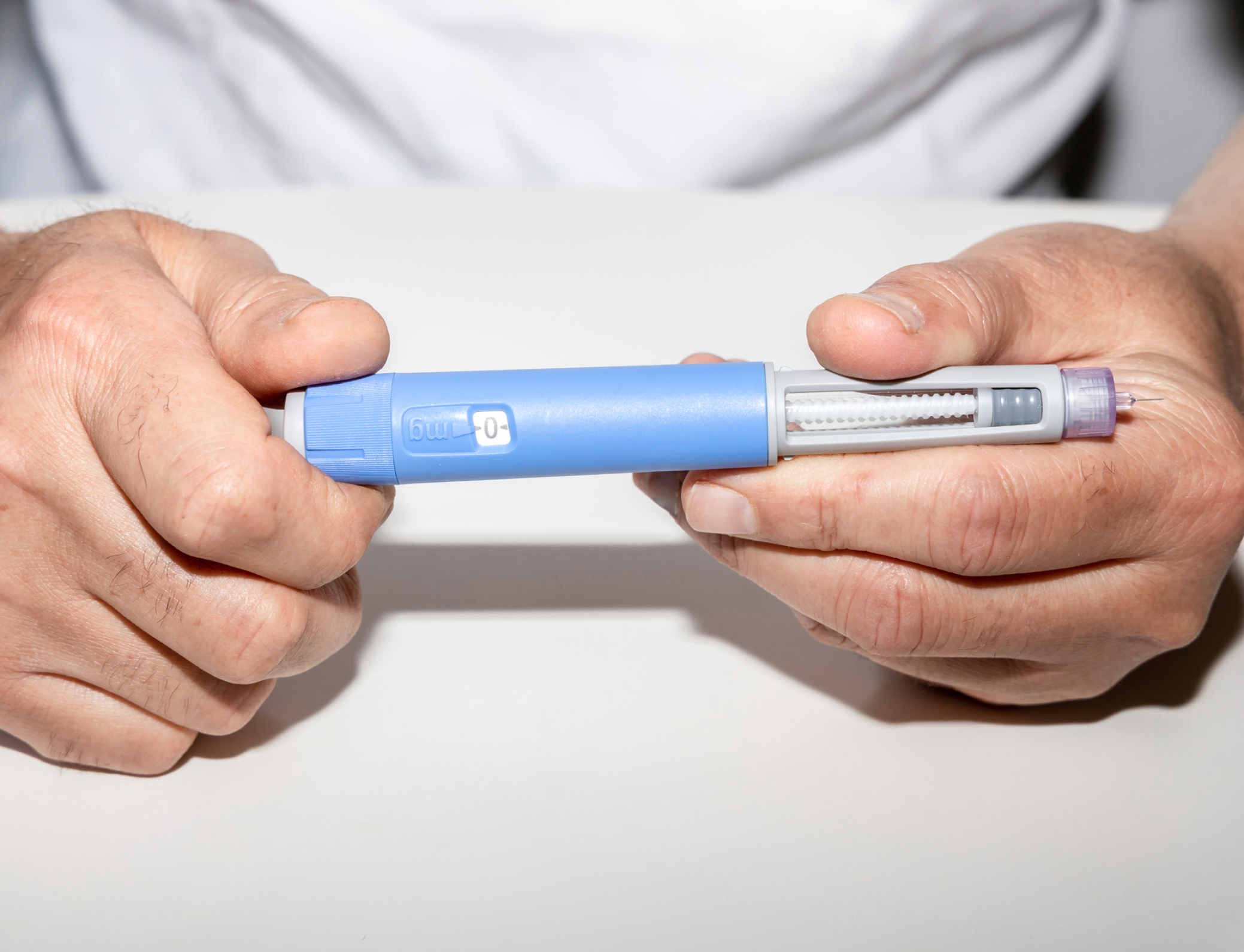Ozempic, Mounjaro Lawsuits Consolidated in Federal Multidistrict Litigation

A federal panel has consolidated at least 55 lawsuits against pharmaceutical companies Novo Nordisk and Eli Lilly into a multidistrict litigation in the Eastern District of Pennsylvania.
The lawsuits claim that these companies did not adequately warn people about the severe side effects associated with a class of prescription drugs including Ozempic and Mounjaro.
Plaintiffs’ lawyers anticipate filing up to 10,000 lawsuits related to Ozempic and similar drugs as part of the MDL.
Mounjaro, Ozempic Lawsuits Claim Gastrointestinal Injuries
Initially developed as diabetes treatments, the drugs at the heart of these lawsuits are classified as glucagon-like peptide-1 receptor agonists (GLP-1 RAs) and have gained widespread use as weight-loss drugs.
The people who filed the lawsuits say that the medications caused severe gastrointestinal injuries. According to the lawsuits, both companies played down the severity of gastrointestinal issues associated with their drugs despite warnings on labels.
The lawsuits claim that individuals who were prescribed Novo Nordisk’s Ozempic, Wegovy, Rybelsus or Eli Lilly’s Trulicity and Mounjaro were not adequately warned about potential side effects, including gastroparesis, intestinal obstruction, and other gastrointestinal injuries.
MDL To Streamline Mounjaro, Ozempic Lawsuits
Advocates of multidistrict litigation argue that consolidation promotes streamlined proceedings and prevents conflicting rulings from different judges.
The U.S. Judicial Panel on Multidistrict Litigation decided to centralize the litigation on Feb. 2, 2024. U.S. District Judge Gene E. K. Pratter will oversee the MDL. This type of litigation is designed to consolidate or coordinate the legal proceedings involving large numbers of similar lawsuits and issue rulings applicable to all cases involved.
The JPML addressed the challenge of centralizing the cases involving two pharmaceutical companies manufacturing distinct drugs within the same class, saying the lawsuits embody “sufficiently numerous and complex claims.”
The decision to centralize in the Eastern District of Pennsylvania was based on the court’s proximity to Novo Nordisk’s headquarters in Plainview, New Jersey. Novo Nordisk faced the majority of lawsuits, with the panel saying it was an “appropriate transferee district for this litigation,” given the concentration of 13 out of the 55 lawsuits filed in this jurisdiction, the highest among all districts in the United States.
Novo Nordisk supported the MDL’s creation but also maintained that the claims lacked merit. In contrast, Eli Lilly, a defendant in a smaller proportion of the lawsuits, opposed being included in the MDL.




